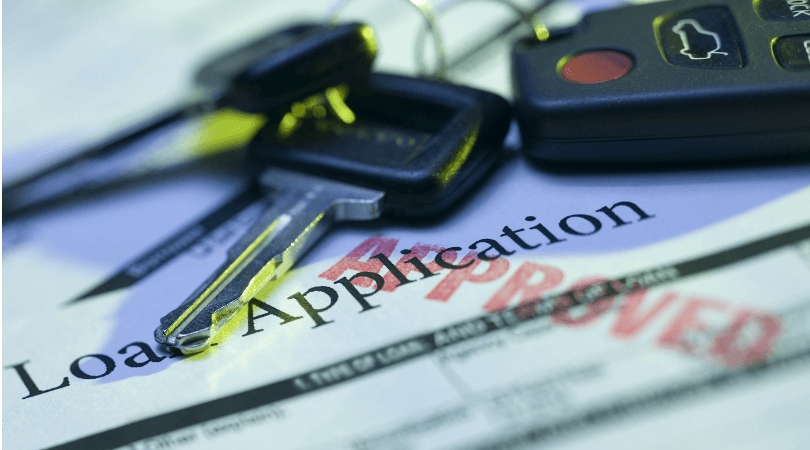UltraFICO and Experian Boost offer new credit score options for potential borrowers. But there’s a trade-off. Here’s what you need to know.
Experian and Fair Isaac will soon launch new credit score options that may provide a boost to those with lower scores. Experian, one of the big three credit reporting agencies, has announced what it calls Experian Boost. Fair Isaac Corp, creators of the FICO score, will offer UltraFICO.
Unlike typical credit scores, Experian Boost and UltraFICO will consider financial factors other than past loan payments. Experian Boost will consider timely payments for non-debt items like utilities, cell phone accounts, and internet bills. UltraFICO will look at bill payments plus banking behavior–like maintaining a positive checking account balance and regularly saving money.
Who can benefit?
According to Consumer Reports,
Experian’s research shows that nearly 70 percent of consumers who add this payment information will see an improvement, says Greg Wright, chief product officer at Experian Consumer Information Services.
But not everyone will benefit from the new scores. Those most likely to benefit are those that have “thin” credit files–younger people that are new to credit or those that have avoided credit cards and loans out of choice.
According to USA Today, Fair Isaac estimates that “40% of credit newbies saw an increase of 20 points or more.” However, only 1 in 10 of those with prior negative credit issues saw an increase of 20 points or more.
The Downsides of UltraFICO and Experian Boost
Both UltraFICO and Experian Boost are entirely opt-in and free to consumers. So, what’s the downside?
Both services rely on bank account data to expand the credit score calculation. That means that consumers will need to provide the credit scoring companies with access to their accounts. That raises concerns particularly in the age when no one seems immune from hackers.
Even those that see a higher score may not see tangible benefits. That’s because Lenders may elect not to use the new scores. And the other two major credit reporting companies–TransUnion and Equifax–aren’t participants in either service.
Before You Sign Up
While the new Experian and FICO scoring services may benefit some, they won’t replace the key factors that determine your score–timely payments and keeping credit card use low.
So, before you sign up,
- Get your free credit score and report. You can get it for all three major credit reporting agencies at freecreditreport.com.
- Resolve existing issues. You’re more likely to drive up that score through resolving ongoing delinquencies.
- Consider a secured credit card. Secured credits cards let credit-challenged borrowers get a credit card and establish a history of timely payments. That’s a tried-and-true method for increasing your score.
- Consider the factors that UltraFICO and Experian Boost use. UltraFICO looks for a savings account with at least $400 in savings for the prior three months plus a positive checking account balance. Experian Boost looks more at evidence of regular, timely payments of monthly bills like utilities or your cable bill.
- Have a goal. Your credit score matters only for what it can do for you. If you have minimal credit and you’re on the border of qualifying for loan approval, the new scores may put you over the top.
You can get more information about UltraFICO here and Experian Boost here.

